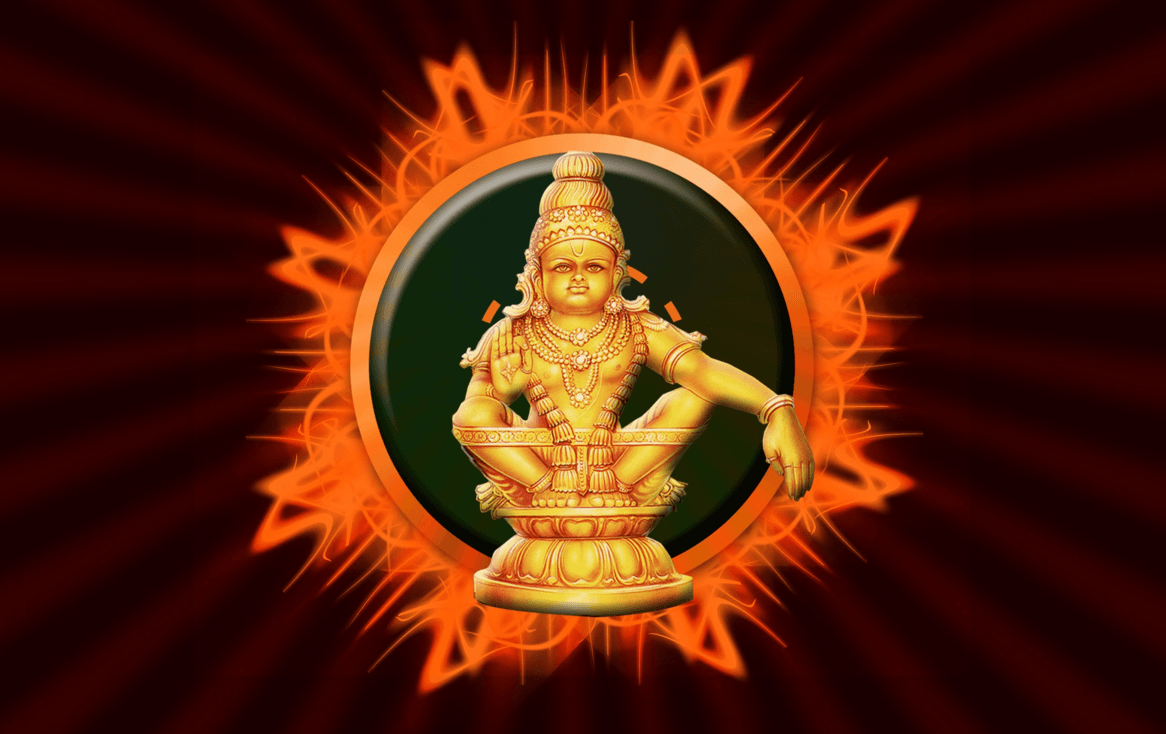9 Member Supreme Court Bench to Review Sabarimala Questions from Jan 13th

A 9 member Constitution bench will start the hearing with respect to the questions in Sabarimala case from January 13th, 2020. The names of the judges have not yet been mentioned, but the order mentioned that the hearing will start on Monday.
“Take notice that the following matters will be listed for hearing before a Nine Judges Constitution Bench commencing from Monday the 13th January , 2020”
Bindu Ammini, Trupti Desai and Saraswati Maharaj had tried to enter the Sabarimala temple on November 26 and she was stopped from entering the temple. Therefore, she asked the Supreme Court for protection.
This was after the judgment on September 28, 2018 had held the practice of women between 10 and 50 years old not entering the temple as unconstitutional.
So when Rehna Fathima and Bindu Ammini had seeked protection, Chief Justice SA Bobde had remarked that “2018 verdict is not the last word”. He had promised a 7 member bench to settle the case.
Reviewing Sabarimala related questions
Well, now it seems a 9 member bench will hear the case and give its judgment on some important constitutional points. Here are the points on which the bench will take into consideration.
Regarding the interplay between the freedom of religion under Articles 25 and 26 of the Constitution and other provisions in Part III, particularly Article 14.
What is the sweep of expression ‘public order, morality and health’ occurring in Article 25(1) of the Constitution.
The expression ‘morality’ or ‘constitutional morality’ has not been defined in the Constitution. Is it over arching morality in reference to preamble or limited to religious beliefs or faith. There is need to delineate the contours of that expression, lest it becomes subjective
The extent to which the court can enquire into the issue of a particular practice is an integral part of the religion or religious practice of a particular religious denomination or should that be left exclusively to be determined by the head of the section of the religious group.
What is the meaning of the expression ‘sections of Hindus’ appearing in Article 25(2)(b) of the Constitution.
Whether the “essential religious practices” of a religious denomination, or even a section thereof are afforded constitutional protection under Article 26.
What would be the permissible extent of judicial recognition to PILs in matters calling into question religious practices of a denomination or a section thereof at the instance of persons who do not belong to such religious denomination?
Another important question that the bench may also deal with is – whether the Kerala Hindu Places of Public Worship (Authorisation of Entry) Rules, 1965 govern the temple in question at all?
Superstitions, Religious practices, social practices and law
There are many systems, religions and spiritual practices in India. What is true of Bhakti practices cannot be true of Islamic practices, which are based on a theological basis as opposed to experiential way. There are no rules to Bhakti except the love of a devotee. Also, the science of Prana Prathista has no parallel in the non-Indic religions. What is considered as an idol – say of Jesus in a Church – is a mere sculpture. The Murti of a temple is not a sculpture. It cannot be kept in a temple until it has proper Prana Prathishta. Establishing “life” in a murti follows certain rules in Agama Shastra. They have nothing to do with any social biases. They have been created to facilitate a certain energy in the murti. It is an established practice for thousands of years. Please read this article for more details.
Law has no role in interfering in the practice of Agama Shastra when it’s basis is not social norms at all. You cannot forcefeed a reason which is not a part of certain practice on an established practice!
Therefore, when the Supreme Court had ruled practice of women not entering Sabarimala unconstitutional, it had over-reached. Now, that judgment is being reviewed. The 8 important questions above that the Constitutional bench is reviewing will turn out to be central and critical to Dharma itself!
In that context, this hearing on Sabarimala related questions by the Supreme Court assumes critical importance for Dharmic traditions.



